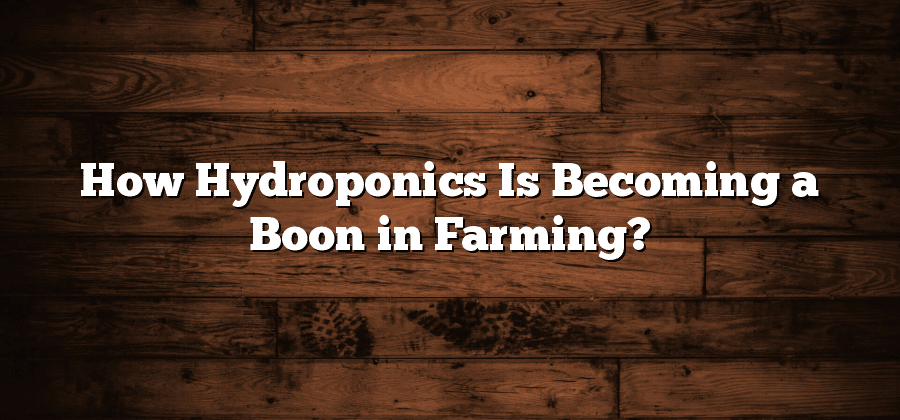Advantages of Hydroponics in Modern Farming
Hydroponics is a modern farming technique that offers numerous advantages over conventional soil-based farming practices. One of the key advantages is that it enables plants to grow in a controlled environment without the need for soil. Instead of relying on traditional farming methods, hydroponics utilizes a nutrient-rich solution to deliver essential minerals and water directly to the plant roots. This targeted approach eliminates the risk of nutrient deficiencies or imbalances, resulting in healthier and more vigorous plant growth. Furthermore, since hydroponics does not rely on soil, farmers have the flexibility to set up their farms in any location, even in urban areas where arable land is scarce.
In addition to its flexibility, hydroponics also has a significantly higher yield potential compared to traditional farming methods. By providing plants with optimal conditions for growth, such as precise nutrient delivery and controlled light exposure, hydroponics allows crops to reach their full potential. This means that farmers can produce more food in a smaller space, making hydroponics a suitable solution for meeting the increasing global demand for food. Furthermore, the controlled environment of hydroponics minimizes the risk of pests and diseases, reducing the need for harmful pesticides and herbicides. This not only benefits the environment but also ensures that crops remain healthy, resulting in higher-quality produce.






